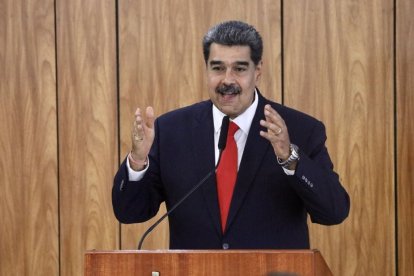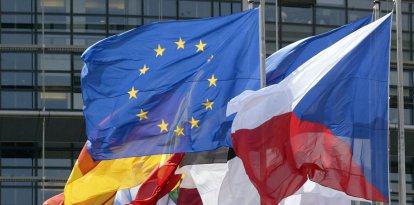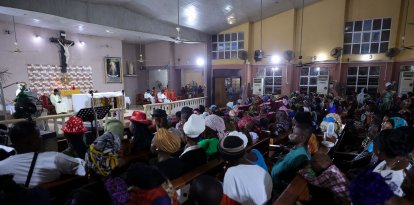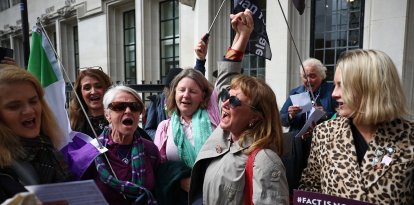The Maduro regime decrees Christmas in November: ‘Long live happiness!’
The opposition criticized the measure, saying that with the poverty that plagues the country, the initiative is a "mockery" to Venezuelans.

(Cordon Press)
"November 1 has arrived in Venezuela and Christmas begins today," proclaimed dictator Nicolás Maduro on Wednesday. Between cries of "long live the people" and "long live happiness," the president kicked off the two months of celebrations decreed by his government: Venezuelan Christmas.
In October, Maduro declared theater the country would move up and extend the holiday festivities, calling on his citizens to "fix their houses, to fix the community, to make it beautiful, bright, colorful. … To tell baby Jesus, Venezuela is ready to receive you."
This move is nothing new from Maduro. It is not the first time that the start of Christmas has been brought forward. He also did it in 2021, 2020 and 2019. In addition, in other years, he has promoted campaigns such as gifting citizens dolls modeled after himself and his wife, Cilia Flores: superheroes Súper Bigote and Súper Cilita.
The opposition was quick to criticize the latest initiative. "Venezuelans of course deserve a happy Christmas, but with fair salaries and pensions, no less than $4 a month," wrote Henrique Capriles. "While the small group of privileged people turned on hundreds of lights in the Miraflores palace; communities and apartment complexes in the interior of Venezuela and even Caracas did not have electricity."
Venezuela’s expedited Christmas occurs at the same time that the United States warned Maduro that, after softening the sanctions against Venezuela, it could reimpose them if he does not allow the candidacy of María Corina Machado, winner of the internal opposition primary. The efforts to "give the greatest amount of happiness possible to Venezuelans" also occur in a context of growing complaints of crimes against humanity and an annual inflation that is around 400%.
Chavista companies and individuals have used the opportunity to express their affinity for the regime:
RECOMMENDATION





















